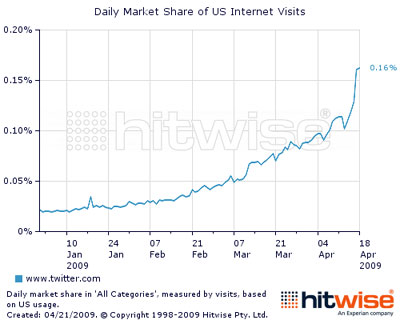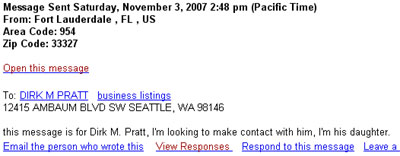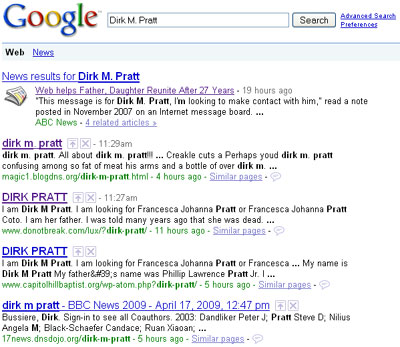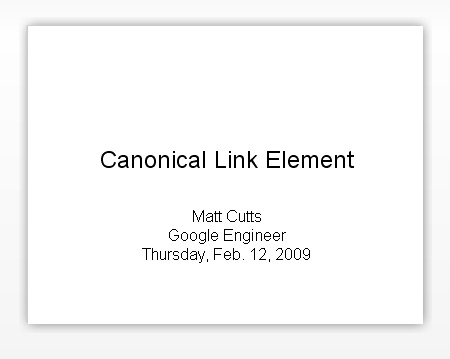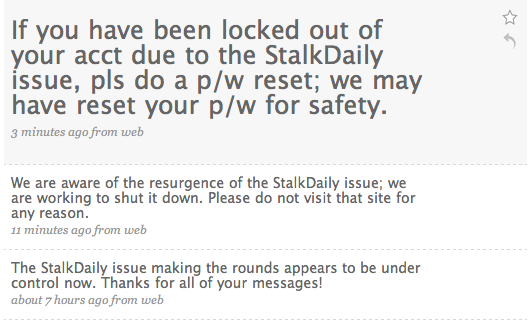It's not all about traffic. It's about conversions. But it's hard to get conversions if you don't have the traffic, and while Google is one of the best potential sources for traffic, Google has other search engines besides web search that people use all the time, and it will not hurt to rank in them too.
Conversions are the goal. Visibility is the strategy. Unfortunately, like most strategies, they take effort and paying attention to detail. The web may be taking a huge turn toward social, but search isn't going anywhere. You need to be found where people are looking.
1. Ranking in YouTube
As you may or may not be aware, YouTube is the 2nd largest search engine behind Google. Those businesses using online video are going to want to maximize their YouTube efforts by employing some easy strategies to gain more visibility.
- An accurate and descriptive title
- Make sure your description is just that - descriptive. It should be accurate and unique, and use complete sentences.
- Descriptive keyword tags
- Avoid keyword stuffing
It's best not to overlook the social element of YouTube as well. Active participation on the social level will contribute to your views. And let's also not overlook the fact that YouTube can actually help you rank in Google itself. Other tips discussed were:
- Use Keyword Rich Descriptions and Tags
- Include the word "Video" in your titles because people do search for it.
- Use a link for the very first thing in your descriptions.
- Make sure and utilize your thumbnails. YouTube pulls these from the 1/4, 1/2 and 3/4 marks. Make them count.
- Encourage participation by enabling everything.
- Use meta data
- Use captions and subtitles
- Use watermarks
- Use Google Maps integration
There is plenty more info about ranking on and with YouTube here on this blog and more tips on how businesses can use YouTube in general.
2. Ranking in Google Image Search
Dev Basu at Search Engine Journal has a great post up about leveraging rich media for SEO. He talks about video, presentations, and other things, but he also gives some good tips for images. He notes that one in five searches are image searches, and that alt tags and file name optimization are key. He says, "Other tips to double dip in image SEO include":
- Add images to your Google Local Business profile
- Enable Google Image Labeler in your Google Webmaster Tools account.
- Add images to local business citation sources.
- Add images to blog posts or news articles for syndication in Google news.
The following clip has a lot more useful information about Google Image Search:
3. Ranking in Google NewsCovering a recent Search Engine Strategies session, Virginia Nussey with Bruce Clay notes, "News page views are up to trillions monthly." More and more people are getting their news online. That's why the newspaper industry is struggling. I don't have the hard numbers, but I'm willing to bet a significant amount of people are getting news from Google News. She
pulled away these things to keep in mind for Google News:
- Only indexes articles three days old or less
- Only indexes it once
- Read Google News Help for Publishers
- Google News XML Sitemap and monitor it
- Section names (keywords in News XML Sitemaps)
- Host "most popular" and "breaking news" sections on your site
- Sub-headlines or beginning of article copy is pulled in as Meta descriptionGoogle itself
posted about some facts and myths pertaining to ranking in Google News searches about a year ago. In the interest of not making this article excruciatingly long (or at least even more so), I will just
link to it. But you should definitely read it if you are serious about incorporating Google News into your strategy.
4. Ranking in Google Maps/Local SearchWhile this one may seem fairly obvious, you need to think about terms a local searcher would use to find your business. They’ll most likely use the city and state in their search, so you’ll want your site to be optimized for those as well as business-specific keywords.
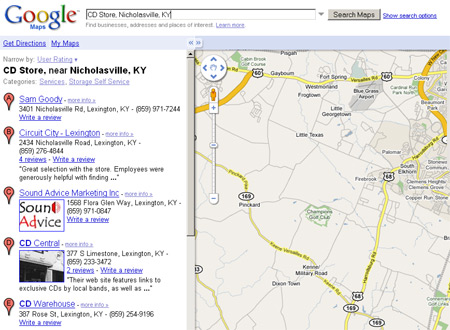
For example, if you run a record store in Nicholasville, Kentucky, you’ll want to optimize for phrases like “Record Store, Nicholasville, Kentucky”, “CD Store, Nicholasville, KY”, “Music, Nicholasville KY”, and so forth. If your business is located in a small town, you may also want to optimize for the nearest larger city. Ryan Caldwell at Search Engine Journal
discusses some other tips like:
- Anchor Text + Authority Matters, But Less
- Local GroupingsThere is some good advice in a
thread at the Small Business Brief forum, including a post by A.N.Onym who suggests the following tips for ranking in local search:
- have pages, mentioning your area of service
- your phone number
- your physical address
- directions on how to reach your office- use landmarks ("after you pass the Street A and Street B intersection, you'll see the Eiffel Tower" that's three landmarks altogether)
- have links pointing to you from local websites and directories
- have a domain hosted locally (if locality is your primary concern)
- have ccTLD (country-specific domain - google.ca, for instance)Bill Slawski of SEO By the Sea has a
great article about Authority Documents for Google’s Local Search that is a must-read in this category.
5. Ranking in Google Blog SearchBack in '07, Slawski started
a thread in the Cre8asite Forum looking at positive and negative things that can have an affect on your Google Blog Search Rankings. Among the
positives he included were:
- Number of RSS subscriptions
- Clicks on SERP post links
- Blogrolls
- number of "high quality" blogrolls the blog is in
- ability for visitors to tag posts
- whether or not people are tagging them
- References to the blog by sources other than blogs
- PagerankSome
negatives he mentioned:
- if posts come in short bursts or predictable intervals
- if post content differs from feed version
- If content includes a lot of spammy words
- duplicate content
- if posts are the same size
- Link distribution
- If posts mostly link to one siteProBlogger's Darren Rowse also
looked at Google's Blog Search patent application and pulled some takeaways from that.
The ConclusionIt's important to note that results from other Google search engines often turn up in regular Google results, in case you need any extra incentive to pay attention to them. This is part of Google's Universal Search. There are lots of opportunities to get your site found in Google other than just regular web search. And this is just organic stuff. There are certainly paid search opportunities to think about too.
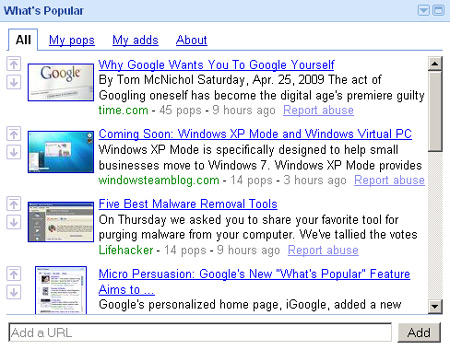

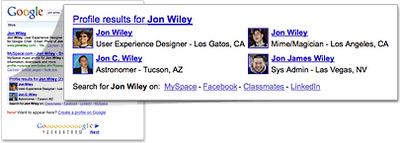
 Are they actively engaging in conversations with their fans? Maybe a little, but how many of Kutcher's million plus do you think are regularly getting responses from him when they send him tweets?
Are they actively engaging in conversations with their fans? Maybe a little, but how many of Kutcher's million plus do you think are regularly getting responses from him when they send him tweets? 